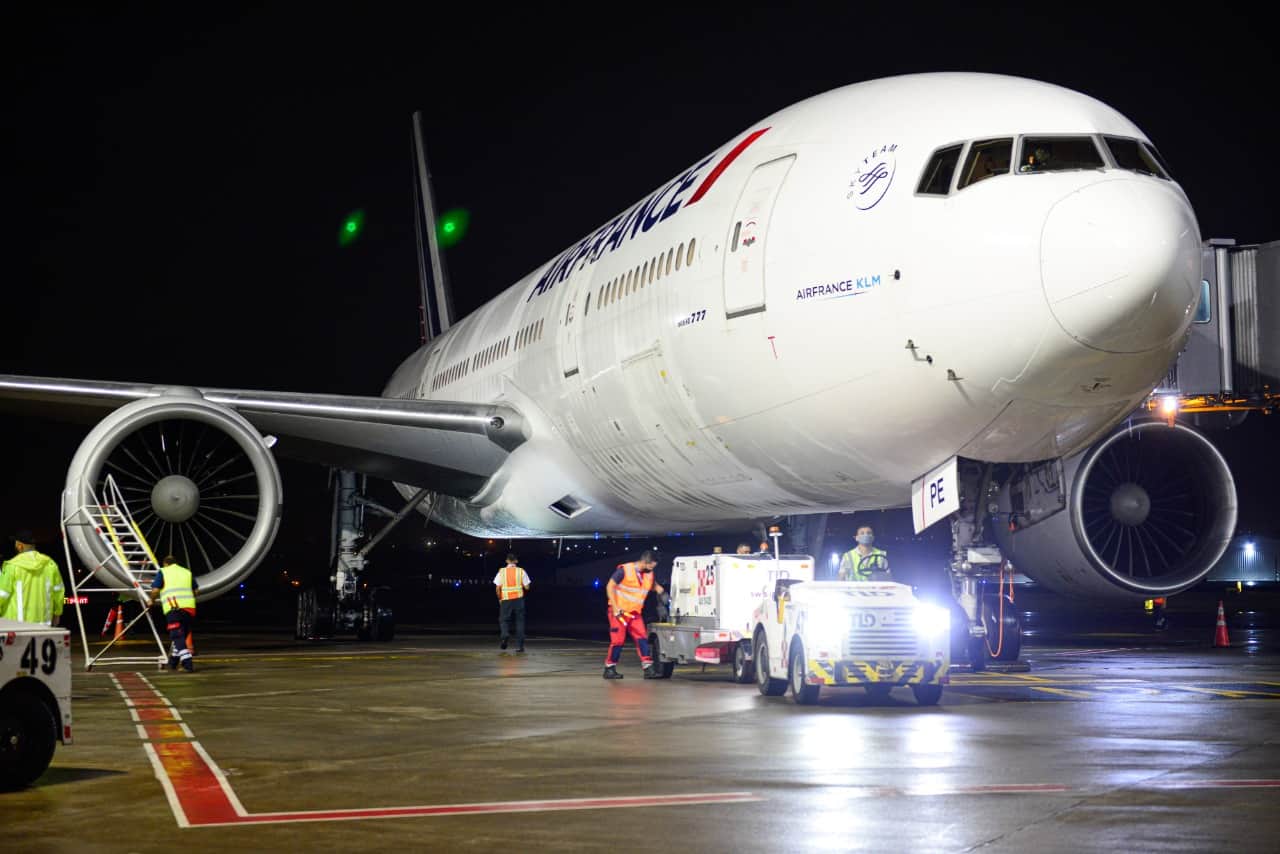The Pan American Health Organization (PAHO) urged countries not to require coronavirus tests from travelers, saying they give a “false sense of security” and shouldn’t be the focus of policies.
“PAHO does not recommend relying on laboratory tests for travelers,” Jarbas Barbosa, deputy director of PAHO, regional office of the World Health Organization (WHO), told reporters on Wednesday.
“They are expensive, difficult to implement and have limited impact on controlling the international spread of the virus.”
Health authorities are discouraging non-essential travel this holiday season to prevent a spike in infections. But Barbosa said that even so, many people have decided to travel and feel safer with a negative coronavirus test.
“Testing is an important tool to track and combat the spread of the virus, but we must be careful that it not give us a false sense of security,” he said.
He explained that a person can test negative but still be infected and contagious to others, because it can take days before a diagnostic test detects a Covid-19 infection.
In addition, since tests are carried out a few days before the trip, the person could still be infected before their departure.
Barbosa highlighted the decision of some countries in the region to rely on “common-sense measures” to continually reevaluate their travel recommendations.
“We hope that other countries will follow suit,” he said.
Colombia and Costa Rica in recent weeks eliminated the requirement of a negative diagnostic test for travelers entering the country, following PAHO recommendations issued in October.
Asked by AFP, Sylvain Aldighieri, PAHO incident manager for Covid-19, said among best-practice “common-sense measures” are to prevent the entry of travelers from countries with high transmission of the virus, or from countries that have applied movement restrictions due to their epidemiological situation.
PAHO also advises monitoring travelers for 14 days after arrival, but it stopped short of saying they should be quarantined.
Aldighieri emphasized PAHO recommendations are based on scientific knowledge, but member countries are sovereign when deciding their regulations.
The possibility that a Covid-19 vaccine might become a prerequisite for travel “is still in the process of discussion,” he said, when asked about announcements in that regard by some airlines.
For now, according to the International Health Regulations (IHR), the legally binding agreement signed by the more than 190 member countries of WHO, the only health document that is required from travelers is proof of vaccination against yellow fever.






